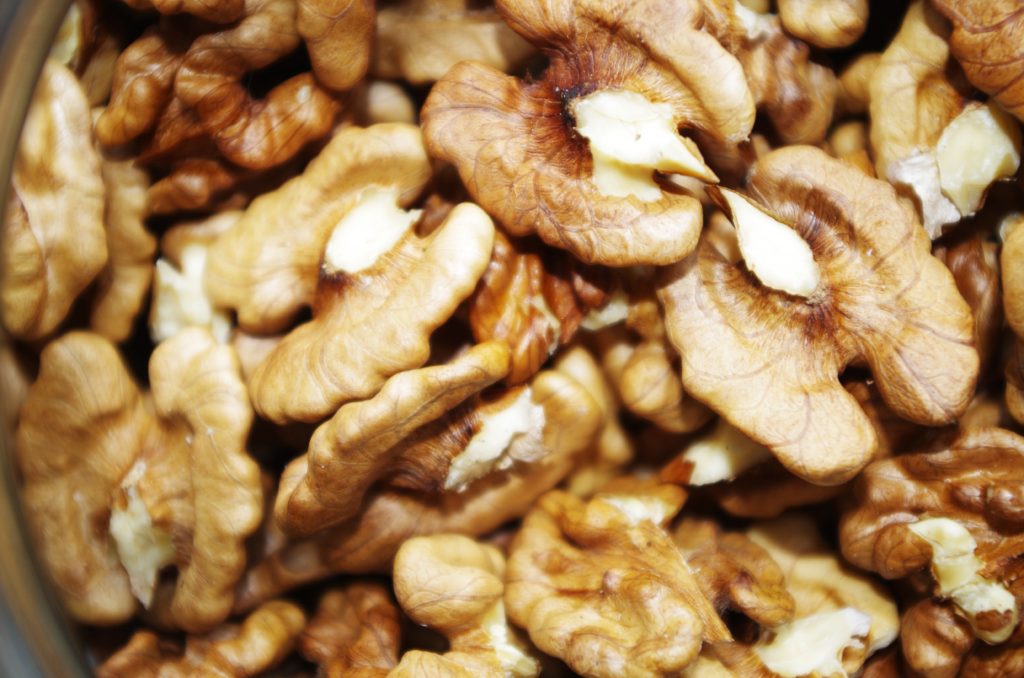The Importance of Food Allergies
go.ncsu.edu/readext?715073
en Español / em Português
El inglés es el idioma de control de esta página. En la medida en que haya algún conflicto entre la traducción al inglés y la traducción, el inglés prevalece.
Al hacer clic en el enlace de traducción se activa un servicio de traducción gratuito para convertir la página al español. Al igual que con cualquier traducción por Internet, la conversión no es sensible al contexto y puede que no traduzca el texto en su significado original. NC State Extension no garantiza la exactitud del texto traducido. Por favor, tenga en cuenta que algunas aplicaciones y/o servicios pueden no funcionar como se espera cuando se traducen.
Português
Inglês é o idioma de controle desta página. Na medida que haja algum conflito entre o texto original em Inglês e a tradução, o Inglês prevalece.
Ao clicar no link de tradução, um serviço gratuito de tradução será ativado para converter a página para o Português. Como em qualquer tradução pela internet, a conversão não é sensivel ao contexto e pode não ocorrer a tradução para o significado orginal. O serviço de Extensão da Carolina do Norte (NC State Extension) não garante a exatidão do texto traduzido. Por favor, observe que algumas funções ou serviços podem não funcionar como esperado após a tradução.
English
English is the controlling language of this page. To the extent there is any conflict between the English text and the translation, English controls.
Clicking on the translation link activates a free translation service to convert the page to Spanish. As with any Internet translation, the conversion is not context-sensitive and may not translate the text to its original meaning. NC State Extension does not guarantee the accuracy of the translated text. Please note that some applications and/or services may not function as expected when translated.
Collapse ▲I’m sure we’ve all heard about food allergies, and how they may make us break out or may cause a trip to the hospital. Whether the allergic reactions are minor or major, all food allergies should be taken seriously. Here’s a little background on food allergies and some great knowledge on preventing a reaction.
According to the American College of Allergies, Asthma, and Immunology, Food Allergies are caused when your body’s immune system reacts negatively to a food protein as it would towards harmful pathogens that can make you sick. There are 8 main allergies known to cause 90% of all food allergy reactions. They include:
- Milk
- Eggs
- Peanuts
- Soy
- Wheat
- Tree Nuts
- Fish
- Shellfish
As stated before, symptoms can be minor to major and can include, swelling of lips, difficulty breathing, hives, vomiting, loss of consciousness, and death. If symptoms occur it’s important to initiate treatment such as medication and seek medical attention as soon as possible.

Walnuts are considered a tree nut. Along with others like Cashews, Almonds and Hazelnuts, they are a part of the 8 common allergies.
Avoiding symptoms, however, can be done through research of the food allergy and proper food safety. Make sure to read food labels, to identify ingredients that may contain the allergy. Also, be sure to check out the methods of cooking foods and the cleaning protocols of what’s being cooked. It’s always important to be aware of any food allergies a family member, a friend, and even yourself may have. That knowledge can lead you to a safe and healthy life, no matter what allergy you have!
References:
“Take food allergies seriously” – The University of Minnesota Extension
“Food Allergy: Overview” – American College of Allergy, Asthma & Immunology





